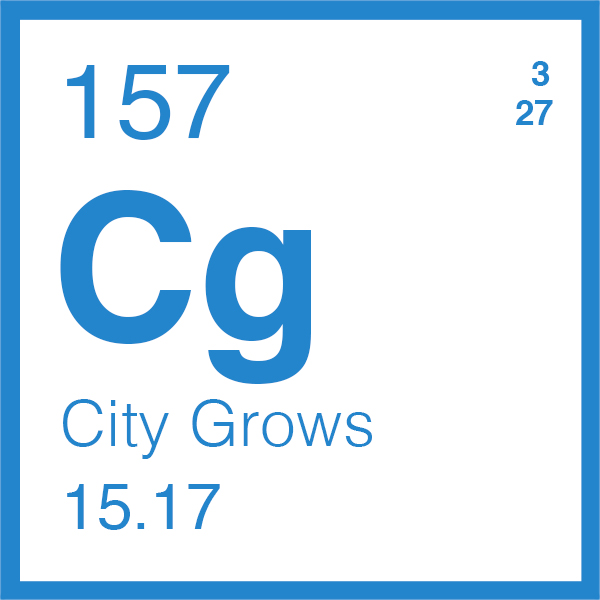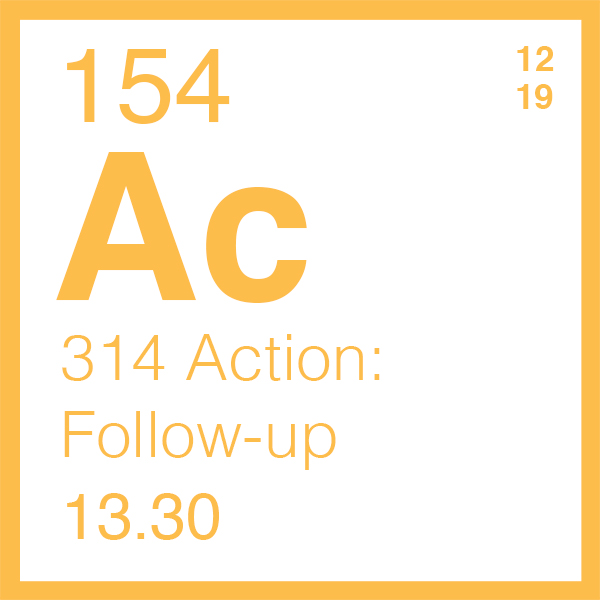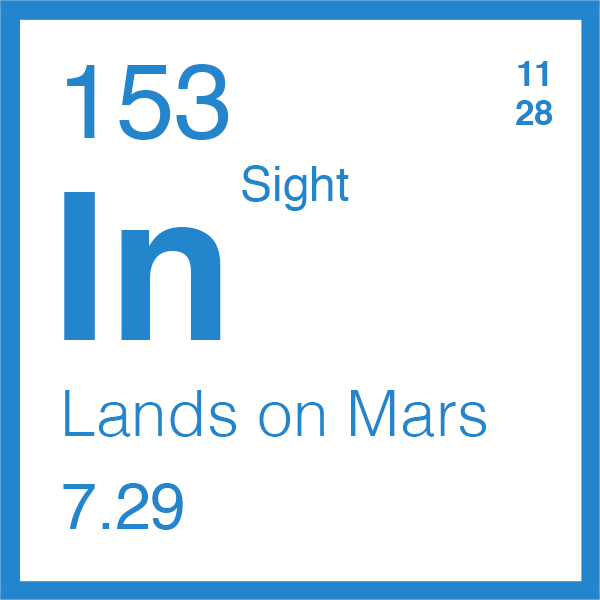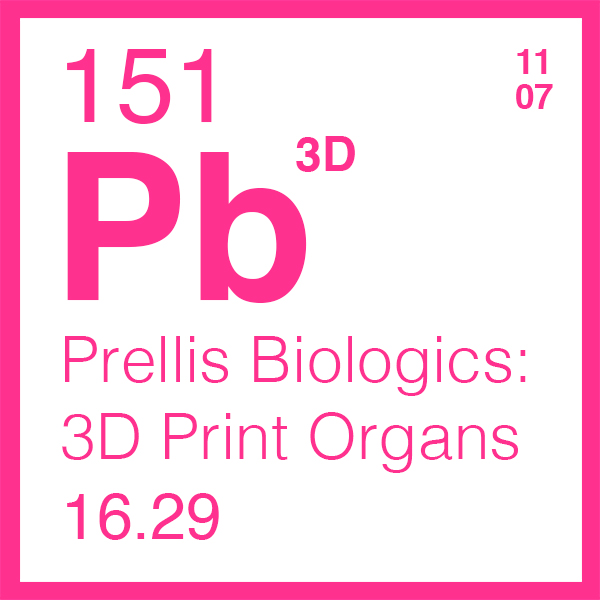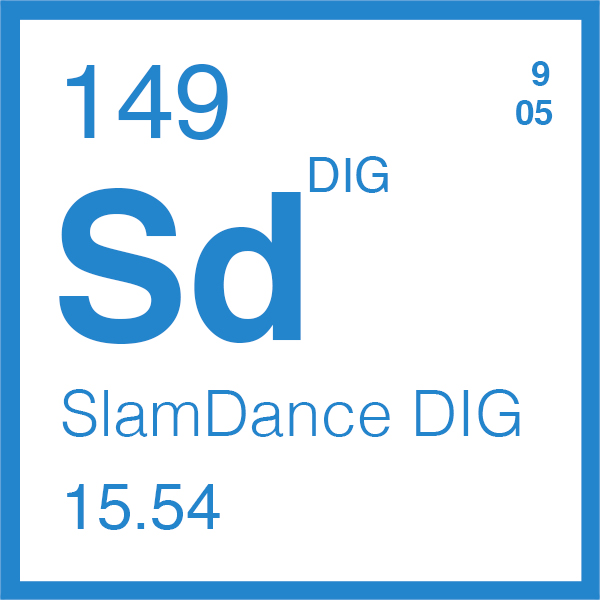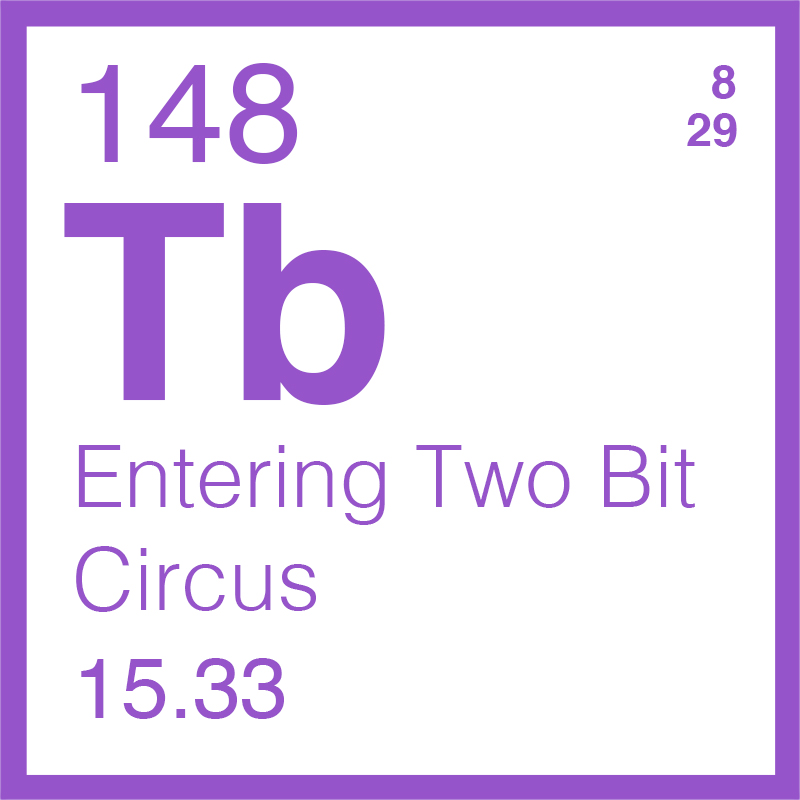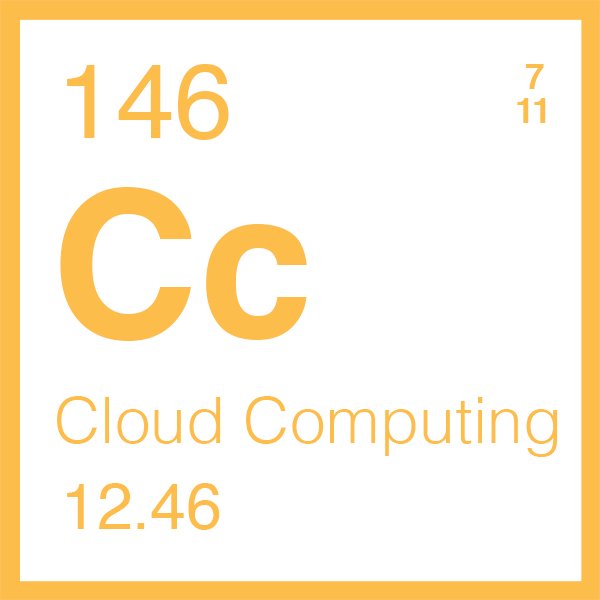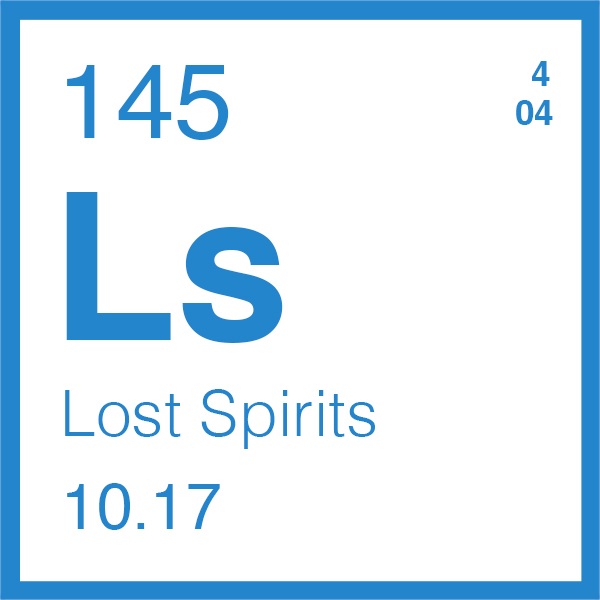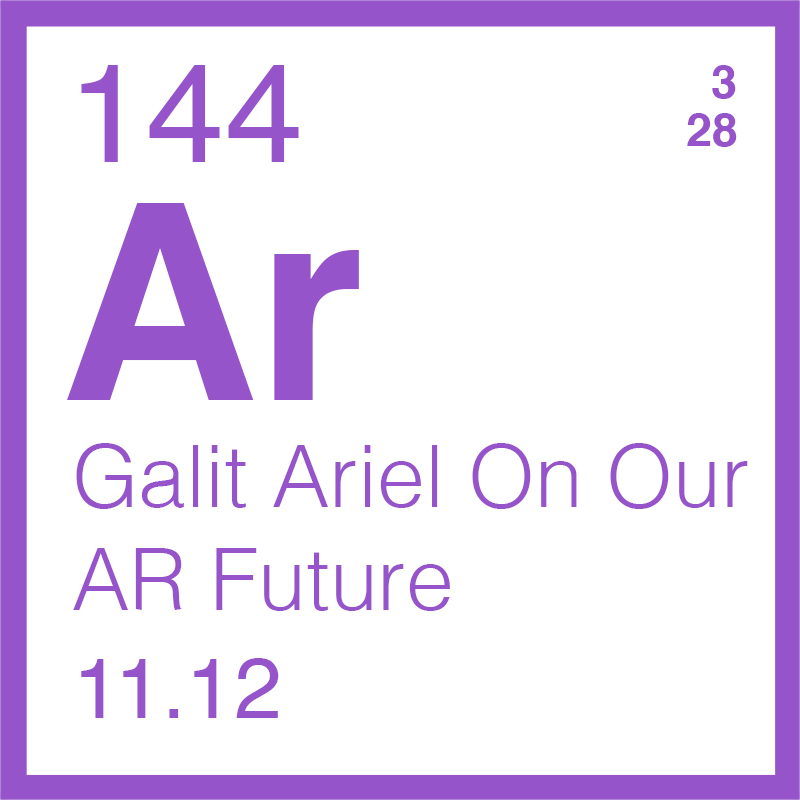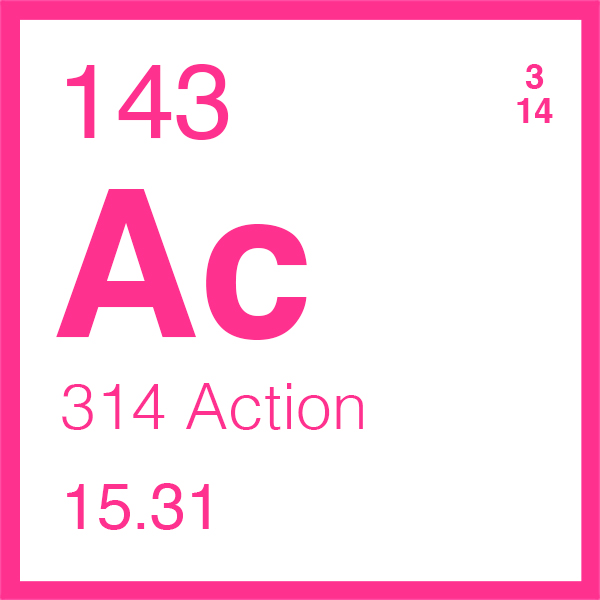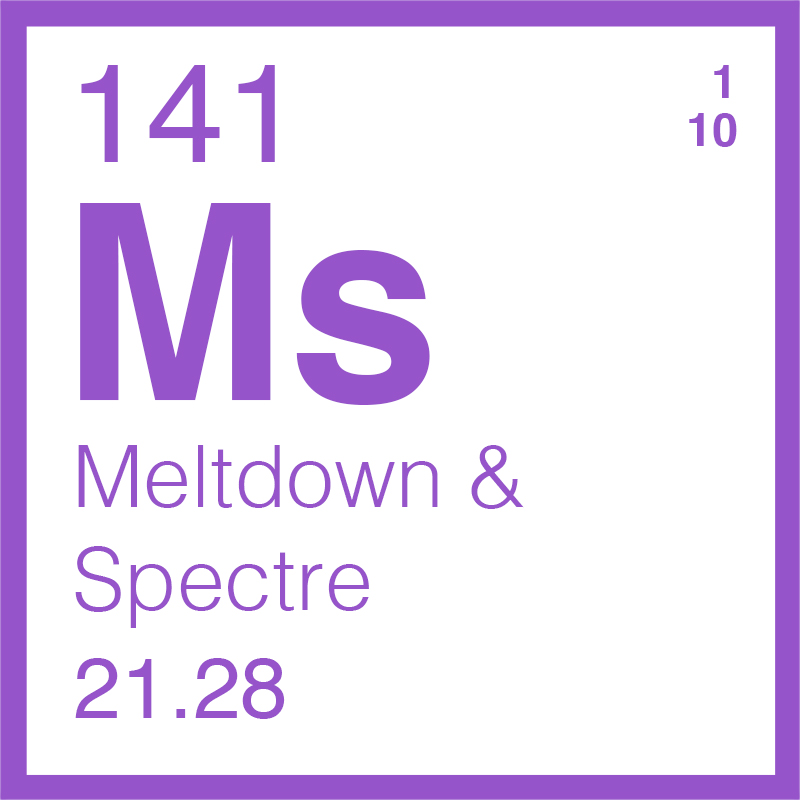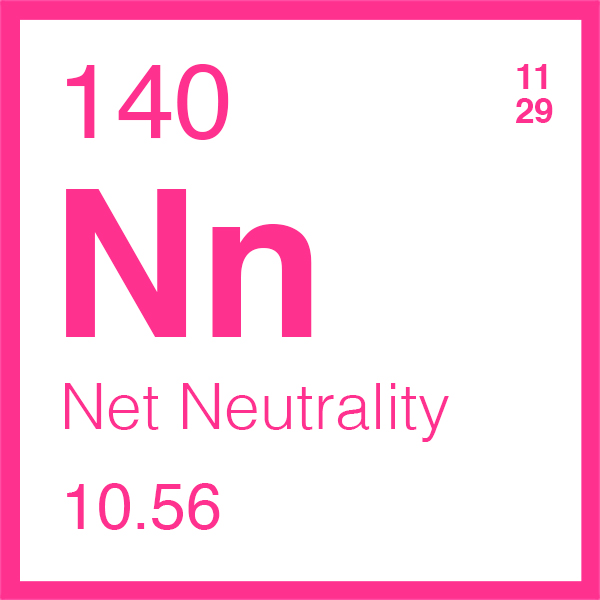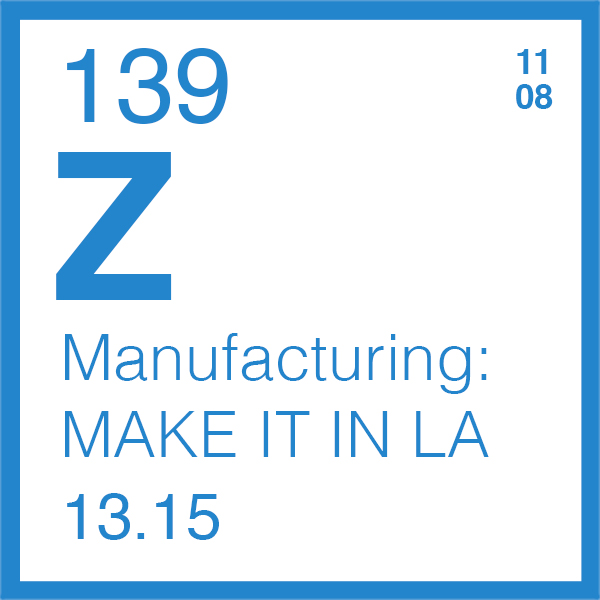Discover DigitalCulture.LA
DigitalCulture.LA

37 Episodes
Reverse
Digital Village is the oldest running technology radio show in Los Angeles. Rebooted in 2020, it brings new voices to the airwaves covering topics like advancements in AI and Biotech, as well as special segments on technology with A View from the Outside and new publications like, The New Modality.
Everybody goes to the bathroom, everyday. It turns out there is a lot of useful information in our collective waste (urine specifically). From it we can measure things like drug use and even food consumption.
Dr. Mariana Matus co-founder and CEO of Biobot Analytics, is starting to work with public health officials to see what is actually happening with the population, starting with the opioid epidemic.
You can follow them on twitter @BiobotAnalytics.
The government is slow… when interacting with local governments it can feel like you’re using technology that’s outdated 10 years. My guest this week, is Catherine Geanuracos, CEO and co-founder of City Grows who is helping local governments modernize.
David Hertz is an architect and founder of Skysource the winner of Water Abundance X-Prize, was able to create water from air using 100% renewable energy sources, for under 2 cents per liter. They started with Skywater, which was able to take water out of the air, but it required humidity - what they won the prize for was WEDEW (wood-to-energy deployable emergency water), which is essentially a rainforest in a box.
Oh CES 2019, there’s so much to see. From suitcases that follow you, robots that bring you your order or ones that look like sharks and film underwater, so much surveillance tech, lots of massage chairs, chocolate printing pens, fetus cameras… it goes on and on.
I caught up with a few exhibitors there including a foldable phone, a breadbot, snoring masks, pain management devices, and much more.
It has been a big year for 314 Action, we spoke with Shaugnessy Naughton, Founder and CEO, about some of the scietists coming into office in 2019.
InSight , INterior Exploration using Seismic Investigations, Geodesy, and Heat Transport, launched on May 5th, 2018 and on Monday, November 26, 2018, NASA-JPL successfully landed InSight on the Elysium Planitia on Mars.
The lander, because it won't be moving, has a lot of unique science it will be doing. I spoke with Emily Lakdawalla , the senior editor and planetary evangelist for the Planetary Society about the science and what we hope to uncover about Mars.
AI some people think it will save us, others think it will be our downfall. Science fiction has mixed feelings. One thing is for sure, we should all be paying attention to developments in AI, and what that means for us.
My guest this week is David Dao, a researcher and PhD student at ETH Zurich & UC Berkeley. David created a Github repository called Awful AI, to help raise awareness.
Awful AI is a curated list that tracks some concerning uses of AI around privacy, things like predictive policing, fake news bots, and social credit systems.
I spoke with David about some examples of awful AI, some AI that’s helping to combat those things, but first what brought him to start awful AI.
We have been talking about 3D printing organs for awhile, but not all organs are created equal. An ear, is easy to print, in comparison to more complex organs, like a kidney or a heart - that’s when it gets a lot harder. Capillaries are really small. They form a network throughout the body for the exchange of oxygen, metabolic waste products, and carbon dioxide between blood and tissue cells.
Figuring out how to print capillari es is one of the major roadblocks to 3D printing more complicated organs like a kidney, a liver, or a heart. Dr. Melanie Matheu, CEO and founder of Prellis Biologics and her team have figured out how to print those capillary structures - using lasers.
I spoke with Dr. Matheu about how they are able to use lasers to print these capillaries, the timeline for this, but first we start with the eureka moment and what lead her to start thinking about these problems.
I am co-interviewing with Ric Allen of Digital Village. Our guest is Dekker Dreyer, co-curator of SlamDance DIG and we talk about all the great digital/interactive/gaming art they have showcased in Downtown LA September 13-15.
I love games… from board to video - to competitive to cooperative.
My guest this week is friend of the show Brent Bushnell, CEO and co-founder of Two Bit Circus, when we spoke to him last they were launching STEAM Carnivals in LA and SF, but now they are doing something a bit more permanent in the center of Los Angeles: Two Bit Circus, a Micro Amusement park. There’s classic carnival games, Story Rooms, a VR Arena, pinball, group games… and so much more.
We talk about what a microamsuement park is, how they are not a VR arcade, and group gameplay, but first we start with the origin of Two Bit Circus.
There is a lot of excitement in the world of biology, but biology and biotech startups are hard and expensive. You need a lab, equipment, and highly specialized knowledge. The barrier to entry is much higher than say… building an app.
My guest this week is Dr. Jun Axup, scientific director and partner at IndieBio, who are working to change that and help scientists bring their research to market.
I spoke w Jun about IndieBio, some amazing companies that have gone through the program, trends we are seeing, but we first what brought Jun to biology.
Will the Cloud Save us?
Cumulous nimbus has nothing on dispersed computing systems. One company in London has decided it's time to leverage exponential technologies to make simulation of complex systems common place (while also addressing humanity's most pressing needs). No big deal.. just big data.
Join us as we speak with co-founder Jason Hardjosoekatmo as we explore how dispersed networks of cloud computing is finally allowing us to model cancer cell replication, predict rocket launches, and essentially create an exact replica of reality in the cloud.
Today we’re going to talk about alcohol, more specifically distilling spirits like rum and whiskey. Most award winning whiskey and rum are aged in barrels of different types of wood, for many years, but what if there was a way to create the same effect, in a fraction of the time.
At Lost Spirits they have figured out how to do just that. Nestled in Downtown LA they are creating new types of booze and even resurrecting lost ones and the process takes… 6 days (more on that later). Not only are the distilling exciting types of alcohol, they have also created a tasting experience around it. Bringing together science, technology, and art - that has an Island of Dr. Moreau vibe… and a boat ride… in the middle of Downtown Los Angeles.
My guest this week is Bryan Davis, inventor, co-founder, and booze formula developer at Lost Spirits, we talk about how you can take a process that takes 30 years and... distill... it down to 6 days, creating a alcohol theme park, but first, the history of Lost Spirits.
For more information and tickets, go here!
We’ve talked a lot about VR on this show, and there are a lot of great experiences out there. From Alejandro G. Iñárritu’s Carne y Arena at LACMA, which puts you in the shoes of an immigrant crossing the border into the united states, to The VOIDs hyper-reality experience Star Wars Secrets of the Empire, where you and three other people move through a virutal world as undercover agents to retrieve information critical to the Rebel Alliance.
VR has a lot of potential, but what about VR’s less immersive cousin, AR? Quite a few companies like Intel are coming out with glasses that look just like reading glasses, but have some level of display meant to be accessed when you want, to more grandiose endeavors like Magic Leap, who hope to create ubiquitous lightweight glasses that add virtual objects to the real world.
My guest this week is Galit Ariel, founder of WondARlands and the author of, "Augmenting Alice, The Future of Identity, Experience and Reality", which contextualizes AR Applications, implementation potential, and the technologies challenges and risks.
I spoke with Galit about AR vs VR and the challenges we have with AR, but first, what brought Galit to AR...
The March for Science was just under a year ago and one of the big things that came out of that march was that more scientifically trained individuals should run for office. If politicians aren’t going to understand science, let’s bring scientists to Washington.
314 Action (yea, you guessed it, it’s named after pi), was founded in 2016 before the election, by Shaugnessy Naughton whose goal is to help bring scientists to public office.
We talk about bringing scientists to office, their fight to repeal the Dickey Amendment, which banned the Centers for Disease Control and Prevention from conducting public health research on gun violence, some Southern California scientist candidates, and what it’s looking like for scientists running for office in 2018.
Spend a few minutes online - and it’s hard to not notice the ads all around you - even if you’re using an adblocker.
Many websites you go to are in some way funded by advertising dollars. Over the years these ads have become more and more invasive, both on the screen and to our privacy. They even slow down the sites we visit - they can take up to 50% of page load times. There are cookies trying to build a profile on you and trackers that follow your habits - enter Brave.
Brave is an internet browser that blocks all ads and fights for privacy online. It’s also 2x faster on desktop and up to 7x on mobile.
Brave recently started allowing you to contribute to the sites you visit most. They did an initial coin offering, ICO, which created tokens (a type of cryptocurrency) called BAT (Basic Attention Token) that could be used to pay content creators.
My guest this week is Yan - who is the Chief Information Security Officer at Brave.
Shortly after New Years we were hit with two security flaws that affect microprocessors called Meltdown and Spectre. These hardware flaws allow programs to steal data being processed on a computer. Both have both been around for quite some time and it’s unclear to what extent they have already been exploited.
Desktop, laptop, and cloud computers may be affected by Meltdown, as for Spectre, it’s all of the above, and mobile.
My guest this week is Dan Kaminsky, Chief Scientist at White Ops, a cybersecurity firm. Dan is one of the seven Recovery Key Shareholders who possess the ability to restore the DNS root keys, aka the keys to restore the internet.
We talk about Meltdown and Spectre, Intel’s response, and whatever you do, don’t download the dancing fish… but first, our need for speed and the introduction to Meltdown and Spectre.
Right now the FCC is considering a proposal to roll back the net neutrality protections in the Open Internet Order, thereby allowing ISPs, the gatekeepers of the internet, to effectively control what you have access to and how quickly.
The FCC, led by chairman Ajit Pai, released the final draft of their plan named "Restoring Internet Freedom," which would reverse a 2015 ruling that classifies ISPs as if they were telecommunication services and instead have them be classified as information services.
The FCC is forbidden from imposing neutrality obligations on information services and this proposal gives significant authority back to the Federal Trade Commission and many fear that the FTC does not have the bandwidth to properly regulate.
This change could allow ISPs to experiment with so-called "fast lanes" for internet traffic, where some apps and services are prioritized over others.
My guest this week is Peter Eckersley, the Chief Computer Scientist for the Electronic Frontier Foundation, which is an international non-profit digital rights group that has fought for our rights online for over 25 years. Peter was on the show back in April to discuss how to hide from your ISP and I am joined by Peter again to talk about what the FCC’s changes mean and how we can fight for net neutrality.
My guest this week is MAKE IT IN LA and the host of the Art of Manufacturing podcast Krisztina "Z" Holly, who is trying to help makers become manufacturers.
I spoke with Z about LA manufacturing, the fear of automation, and what it takes to MAKE IT IN LA.




